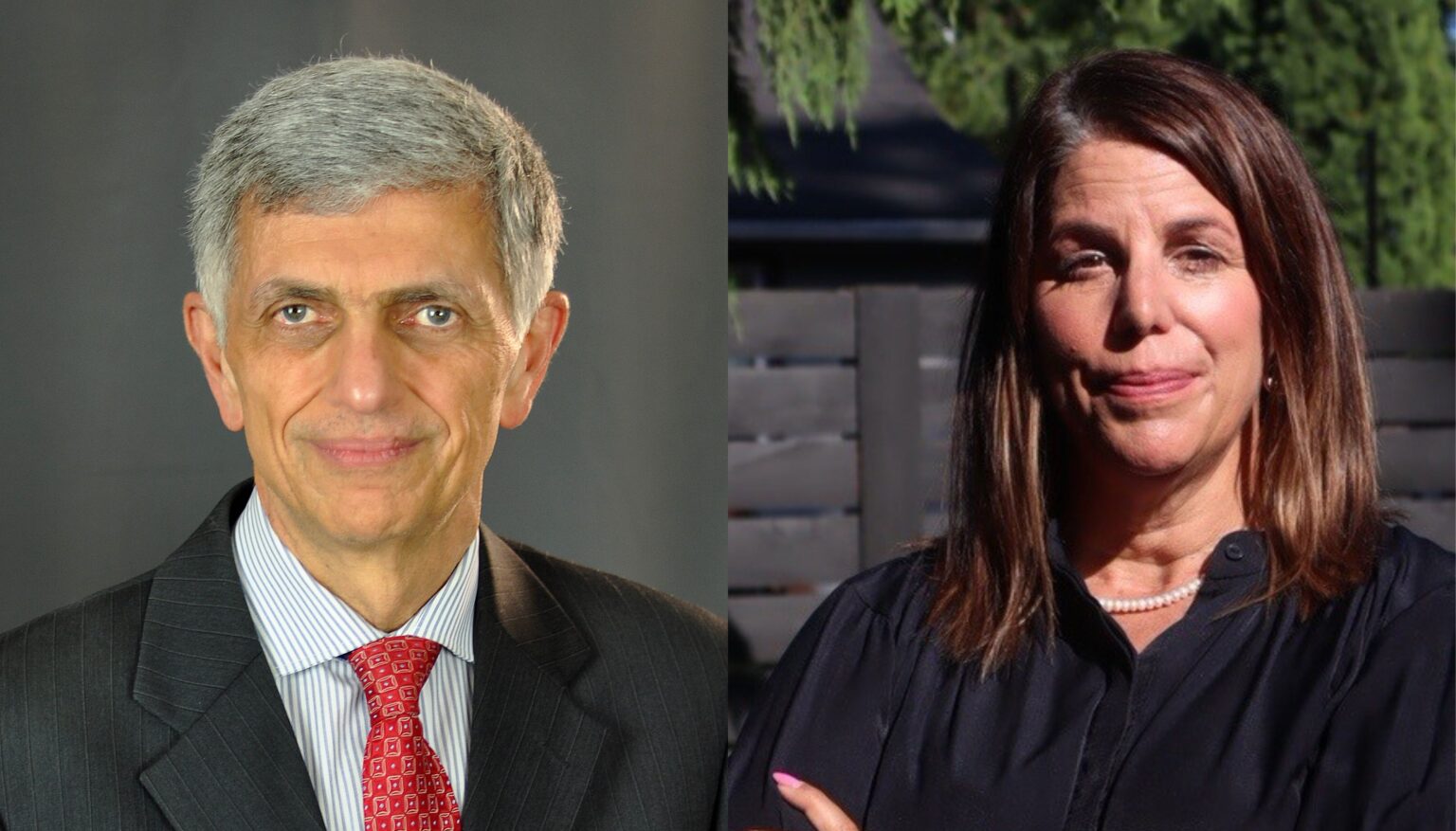Capital Chatter: The road to an ODOT budget
Published 4:30 pm Thursday, October 3, 2024

- capital chatter logo
They came. They looked. They listened.
Trending
What now?
The legislative transportation committee last week wrapped up its statewide tour, having talked with hundreds of urban, suburban and rural Oregonians about why and where more revenue is needed.
And so, the questions: Will Democrats and Republicans get it together in 2025, as legislators did in 2017, to cooperatively address Oregon’s flailing transportation system? Will partisanship and interest-group pandering prevail instead?
Trending
The outcome certainly will influence the political futures of three top Democrats — Gov. Tina Kotek; Senate President Rob Wagner, of Lake Oswego; and House Speaker Julie Fahey, of Eugene. More important, the answers will determine whether DMV service improves, rural Oregonians gain better transit service, streets and sidewalks become safer, bridges last longer, truckers are treated equitably, goods move faster through Oregon’s export-oriented economy, and much more.
The Joint Committee on Transportation’s field trips, discussions with stakeholders and public hearings produced widespread calls for more money, along with questions about ODOT efficiency. Now comes the hard part: where to find the money. And how much. And where it should be spent.
Some of the meeting testimony has focused on how transportation, housing availability and homelessness are intertwined. At Kotek’s press conference Thursday, I asked her about that connection. She will bring the next iteration of her housing production framework to the 2025 Legislature.
“In the housing development side, we can be doing more in the state and accessing federal dollars for transportation-oriented development, particularly in areas that have very robust transit districts,” she said. “When it comes to the transportation package, one of the things is to maintain what happened in 2017 which was statewide support for transit districts.”
Kotek said she is working with Fahey and Wagner to solve the Oregon Department of Transportation’s funding woes. The agency estimates it is running almost $1.8 billion short of what is needed each year.
“We need to have a functioning agency,” Kotek said. “We have to maintain our highways and our roads and all of our basic infrastructure for everybody. And so that is the No. 1 goal for me.”
The last big transportation funding package, in 2017, in large part came about during nightly discussions in the Oregon Capitol basement among transportation committee’s four leaders: Sen. Lee Beyer, D-Springfield; Sen. Brian Boquist, R-Dallas; Rep. Caddy McKeown, D-Coos Bay; and Rep. Cliff Bentz, R-Ontario. Each of them, whether Democrat or Republican, chaired one of the four stakeholder work groups.
Their expertise will be absent from the 2025 Legislature, which will try to pass a new transportation-funding package. Bentz is now in Congress. McKeown and Beyer retired from the Legislature, although Beyer serves on the Oregon Transportation Committee. Boquist was barred under Measure 113 from seeking reelection this year.
Meanwhile, several of the key interest-group lobbyists have also moved on.
Rep. Susan McLain, D-Forest Grove, who was on the 2017 committee, is co-chair this year with Sen. Chris Gorsek, D-Troutdale. The Republican vice chairs are Boquist and Rep. Shelly Boshart Davis, of Albany.
The current legislative leadership has taken a more hands-on approach than did their predecessors in 2017, Senate President Peter Courtney, D-Salem, and then-House Speaker Kotek, from Portland.
Presiding officers Wagner and Fahey decided this year to hire a project manager to oversee the process. Kathryn Jones, who was business operations management at the Department of Revenue, began work last month. “She has significant project management expertise and is here to provide support to the co-chairs and the work groups to make sure all of our ‘t’s’ are crossed and ‘i’s’ dotted,” McLain and Gorsek told me in an email Thursday.
Starting next week, Gorsek and McLain plan to convene three work groups — maintenance and operations; transit and micro-mobility, including bicycle, pedestrian, rail and Safe Routes to School; and completion of projects from the 2017 transportation package. Each group is to consider funding and other issues within the assigned subject area. Wagner and Fahey will sign off on the membership and size of each group.
I don’t know whether those meetings will be public.
Meanwhile, some Republicans feel left out of the loop. Boquist on Thursday submitted a formal public records request for committee materials and background emails.




